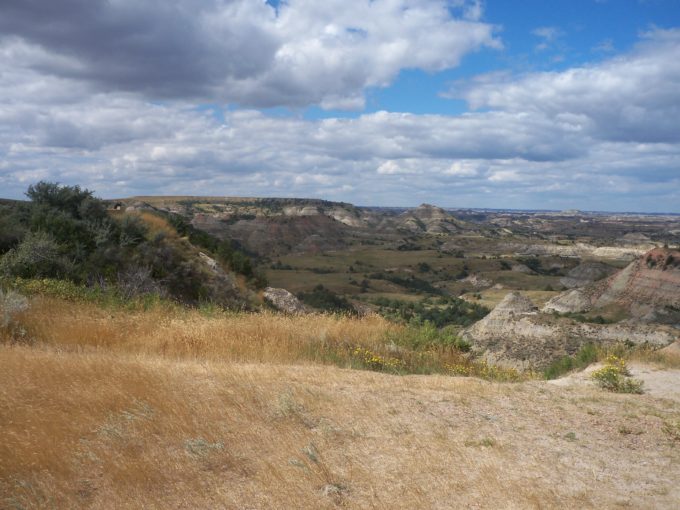
Sunday, 15 September 2019
And he prayed again, and the heaven gave rain, and the earth produced its fruit. James 5:18
These words are still referring to Elijah. As James noted, he was a man with a nature like ours, and yet through his prayer, the rain did not come upon the land for three years and six months. Now James adds, “And he prayed again.”
Though the first prayer is not given in Scripture, it is evident that he prayed. All that is recorded is the statement in 1 Kings 17 that it would not rain except by his word –
“And Elijah the Tishbite, of the inhabitants of Gilead, said to Ahab, ‘As the Lord God of Israel lives, before whom I stand, there shall not be dew nor rain these years, except at my word.’” 1 Kings 17:1
From there, it is not until 1 Kings 18:41 that this is confirmed –
“Then Elijah said to Ahab, ‘Go up, eat and drink; for there is the sound of abundance of rain.’”
After saying this to Ahab, it then says the following in 1 Kings 18:42, 43 –
“So Ahab went up to eat and drink. And Elijah went up to the top of Carmel; then he bowed down on the ground, and put his face between his knees, 43 and said to his servant, ‘Go up now, look toward the sea.’”
The fact that the initial prayer is not recorded leads some to question the reliability of James’ words. But that is a faulty assumption. The Bible doesn’t record everything in the Old Testament that is stated in the New Testament. It often makes logical assumptions based on the context. Elijah said there would be no rain and there was no rain. Elijah then told the same person that rain was finally coming, and it then records that he prayed, and the rains came. The logical assumption is that he also prayed for the rain to be withheld.
Elijah’s prayer was for the rain to come, and James notes that “the heaven gave rain.” This is exactly what occurred as is seen towards the close of 1 Kings 18 –
“Now it happened in the meantime that the sky became black with clouds and wind, and there was a heavy rain. So Ahab rode away and went to Jezreel.” 1 Kings 18:45
After that, James finishes his verse with, “and the earth produced its fruit.” Like the first prayer, this is not stated in the Old Testament. It is a logical assumption made by James. When it rains, the earth produces fruit. Later accounts in 1 Kings show that life continued on, demonstrating that the famine had ended and the people did not perish. Instead, we can logically continue to deduce from James’ words that things went back to the normal cycle of life.
Life application: If you take the time to read the full account of 1 Kings 17 & 18 (why don’t you stop right here and do so – it will be healthy for your brain cells), you will notice that Elijah prayed seven times before the cloud appeared. This should be a lesson to us all.
If our prayers seem to have gone unheard the first time, we need to get on our knees and make them again, and again, and…. again if necessary. Perseverance demonstrates a heartfelt desire. It also demonstrates faith that you believe your prayer is effective. If we quit praying after the first round, what does that say about our faith? “Oh well, I guess God isn’t listening.” But repeated and heartfelt prayers indicate that we really believe God is capable of granting our petition. If we did not believe this, we would not continue to pray. So have faith, be persistent, and wear out the knees of your pants if necessary. God does hear and God does respond to the faithful prayers of His children.
Lord God, forgive us for giving up so quickly when our prayers seem to have been unanswered. Give us a determined and dogged approach to our prayer life – something so powerful that heaven hears and the rains come upon the dry land. And when they do, may you give us the wisdom and the sense to turn and thank You for the blessing of a favorable response. Amen.
